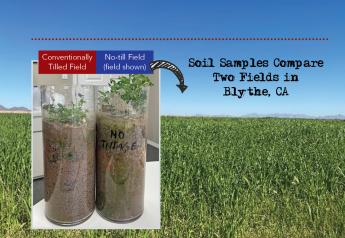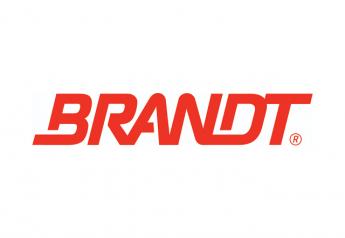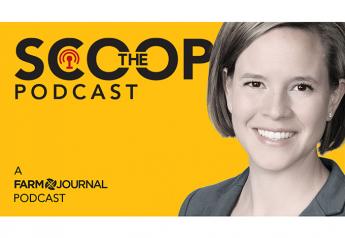8 Things to Know About the FTC Suing Syngenta and Corteva

On September 29, the Federal Trade Commission (FTC) along with 10 state attorneys general filed a federal law suit against Syngenta and Corteva. Here’s what to know.
1. The claim centers on “loyalty programs” with distributors.
These programs specifically paid distributors to limit business with Syngenta and Corteva’s competing manufacturers. These programs are also being labeled “pay-to-block” schemes.
2. The harm caused by the alleged schemes kept prices artificially high.
This is focused on generic insecticides/nematicides, herbicides and fungicides after the companies’ patents on active ingredients (AIs) expired. The FTC estimates the cost to farmers was 20% on those products totaling hundreds of millions of dollars each year because the manufacturers held “monopoly and market power.”
3. The consolidated status of the industry elevated this issue.
In the U.S., sales through the traditional distribution channel account for approximately 90%+ of crop-protection product sales. Seven distributors account for 90%+ of sales through the traditional channel or approximately 80% or more of all sales of crop-protection products in the U.S.
Lina M. Khan, Chair of the Federal Trade Commission, wrote: “Distributors don't want to miss the payments, so they go along with the program. After all, it doesn't hurt them to spend more on brand-name pesticides, because they get to pass those costs on to retailers and, ultimately, to farmers. With distributors under-stocking generics, farmers end up having little choice but to buy Syngenta and Corteva.”
4. The companies say their pricing structures and practices were within the law.
Syngenta spokesman Saswato Das said the arrangements were customer discounts that were “part of a voluntary and industry-standard program that has been in place for decades” in the industry. “Syngenta strongly disagrees with the FTC’s complaint, which it believes is contrary to the facts and the law and is without merit,” Das said. “We are disappointed that the FTC has failed to appreciate the beneficial effects that these rebate programs provide to our channel partners and to growers.”
Corteva spokesperson Kris Allen said the company believes the complaint has no basis. “We will vigorously defend our position that Corteva’s customer marketing programs are fully com-pliant with the antitrust laws,” Allen said.







